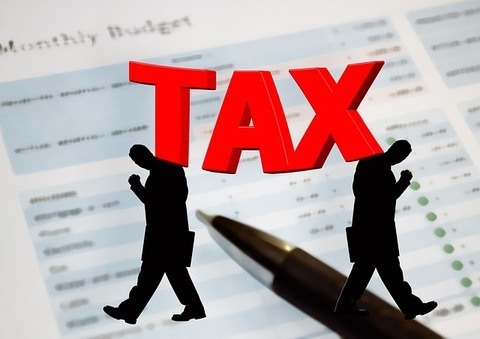As the landlord tax season counts down to the January 31, 2016 filing date, HM Revenue & Customs (HMRC) has published a guide to self-assessment for property investors.
HMRC wants to remind landlords that tax is due on any profits made from letting property.
The warning follows the issue of statistics showing 10,000 landlords have volunteered to pay £50 million in unpaid tax in the past two years.
“We believe a lot more landlords should make tax returns,” said an HMRC spokesman.
Official figures show the UK has around 1.4 million private landlords, but only 500,000 tax returns are filed each year.
The guidelines from HMRC explain how landlords should work out their profits, which expenses they can claim and what to do if the rental business makes a loss or ceases.
Rental income
Income is not only rent but any payment from a tenant for using furniture and charges for additional services, such as cleaning communal areas, hot water, heating, and repairs.
Allowable expenses
To work out a property business taxable profit, allowable expenses are deducted from rental income.
“These expenses must be wholly and exclusively for the purposes of renting out the property. This means that if an expense wasn’t incurred for the purpose of your property rental you can’t offset the cost against the rental income,” said an HMRC spokesman.
Common expenses landlords claim include:
- Repairs but not improvements
- Water rates, council tax, gas and electricity
- Insurance
- Mortgage interest
- Costs of services, such as gardeners and cleaners
- Letting agent and management fees
- Legal fees for lets of a year or less
- Accountancy costs
- Ground rents and service charges
- Business costs such as phone calls, stationery and advertising empty homes
- Business travel
Not made a tax return?
If you are a landlord and believe you should have filed tax returns in earlier years, you can volunteer the information to HMRC under the Let Property Campaign in return for a ‘discount’ on any penalties.




